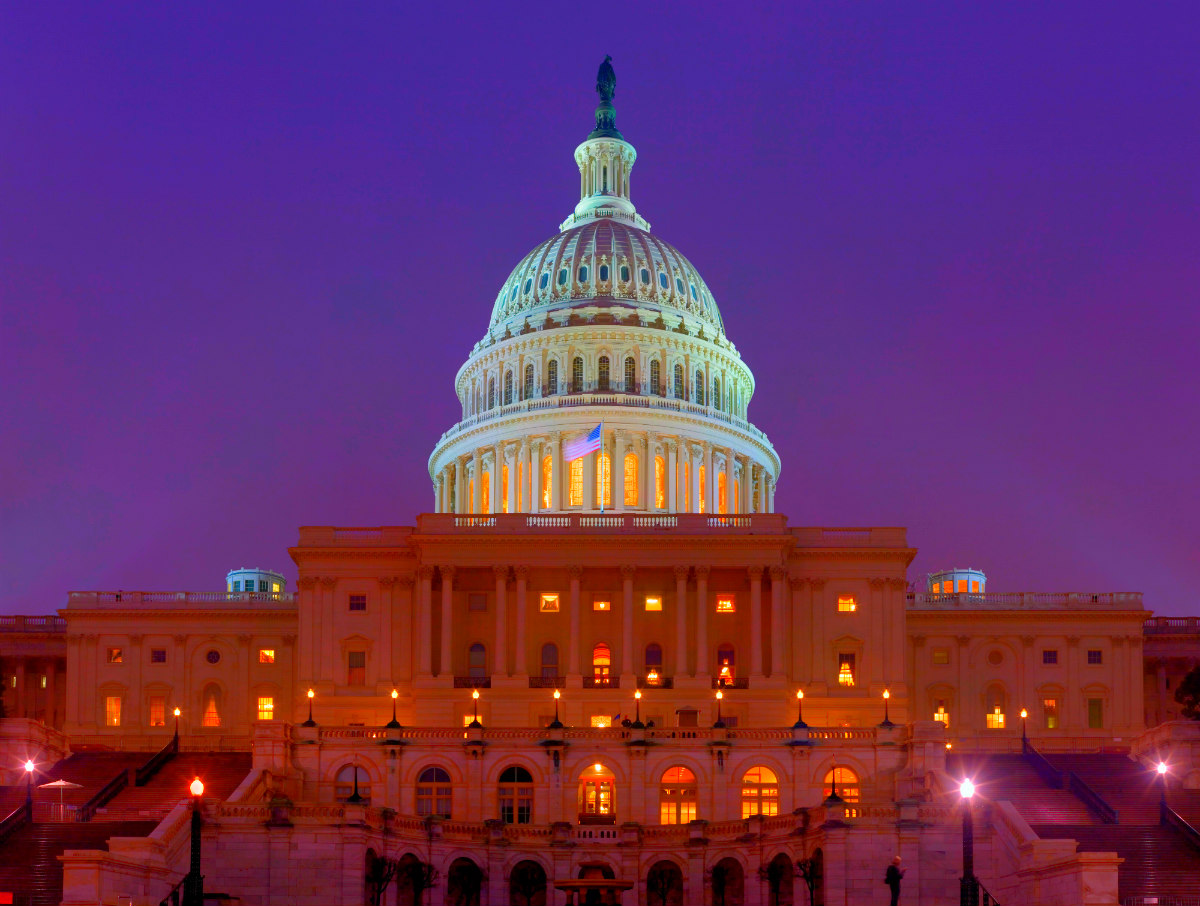Saeed Elnaj , Forbes Councils

- There are key differences between Bitcoin and blockchain
- Blockchain is a digitized, distributed and secure ledger that guarantees immutable transactions and solves the trust problem when two parties exchange value
The author Henry Miller once said, “Confusion is a word we have invented for an order which is not understood.†And confusion seems to run rampant in many articles that criticise of blockchain, while the real problem is with Bitcoin and cryptocurrencies.
There are key differences between Bitcoin and blockchain. Blockchain is a digitized, distributed and secure ledger that guarantees immutable transactions and solves the trust problem when two parties exchange value. Cryptocurrencies like Bitcoin rely on blockchain to conduct transactions. Yet blockchain transcends cryptocurrencies and offers many solutions that are likely to disrupt numerous industries with some profound implications.
In a simple metaphoric comparison, blockchain is like an engine that can be used in airplanes, vehicles, elevators, escalators, washers and dryers. Bitcoin, meanwhile, is like the first Ford Model T that was manufactured in 1908. This fundamental difference helps in understanding the polymorphic value of blockchain and the problems with bitcoin and most cryptocurrencies.
One area of confusion about blockchain is the perceived negative environmental negative impact, but this is a problem specific to bitcoin and some other cryptocurrencies. It is caused by the limitations of the decade-old design of bitcoin and due to Bitcoin’s mining process that requires a “proof of work†to validate transactions. Proof of work is a mathematical algorithm that is essential to validate transactions in the Bitcoin blockchain and consumes huge computational power and energy close to what Denmark consumes annually. Other cryptocurrencies operate differently. Ether, for example, uses the proof-of-stake concept, which is energy efficient, while the cryptocurrency ripple does not require mining.
Another misconstrued problem is blockchain’s slow performance, which is, again, a Bitcoin issue. Bitcoin’s network requires an average of 10 minutes to create a block, and it’s estimated that it can only manage seven transactions per second (TPS). Ethereum does better (20 TPS), and the IBM blockchain (1,000 TPS) and Ripple (1,500 TPS) are even more impressive.
There’s also discussion about the inability of financial institutions to adopt the blockchain technology, which is an issue with the financial institutions — not the technology.
But what is interesting is that there are additional and bigger problems specifically with regard to Bitcoin.
First, Bitcoin has a limited number of “coins†that amounts to 21 million BTCs when all the coins are mined by the year 2140. It’s likely that way before then, Bitcoin mining will not be profitable due to the high energy cost and expensive hardware needed for mining. The Bitcoin transaction fees will not be sufficient to keep the network going either. There are many theories in terms what might happen when mining stops, but the likely scenario could be that Bitcoin will not have the computing power needed to assure transactions, grinding the network to a halt. The question then, is, what will happen to the value of Bitcoin?
Source: https://www.forbes.com/sites/forbestechcouncil/2018/03/29/the-problems-with-bitcoin-and-the-future-of-blockchain/#3695222868dc



